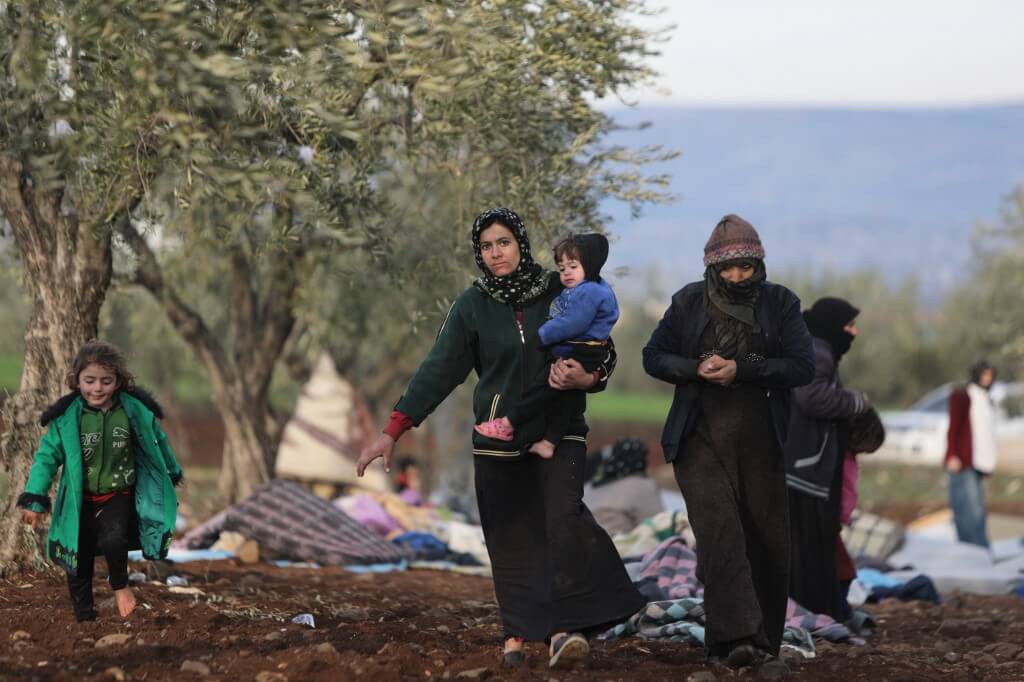Turkey is working to open two more border crossings with Syria to allow more humanitarian aid to enter the country after the two neighbors were hit by a huge earthquake, Agence France-Presse reported.
Currently just one border crossing, in Turkey’s southern Hatay province, is open for life-saving aid to rebel-held regions of Syria under the authorization of the United Nations Security Council.
“There is damage to some roads on the Syrian side of the border. There has been some difficulty for our and international aid to get through because of the destruction,” Turkish Foreign Minister Mevlüt Çavuşoğlu told reporters late Wednesday.
“For this reason, we are working on the opening of two more posts,” he said.
“Because there is a humanitarian situation, we are working on also opening posts where the regime is in control,” he added, referring to the Syrian government of President Bashar al-Assad.
A 7.8-magnitude earthquake hit Turkey and Syria on Monday, killing more than 16,000 people and injuring tens of thousands of people.
Thousands of homes were destroyed on both sides of the border after the tremor and the subsequent aftershocks.
The areas around the current border crossing suffered significant damage after the earthquake, and aid workers on the ground have also been affected by the catastrophe.
Humanitarian aid in rebel-held areas usually arrives through Turkey via a cross-border mechanism created in 2014 by a UN Security Council resolution.
But it is contested by Damascus and its ally Moscow, which see it as a violation of Syrian sovereignty.
Under pressure from Russia and China, the number of crossing points has been reduced over time from four to one.

